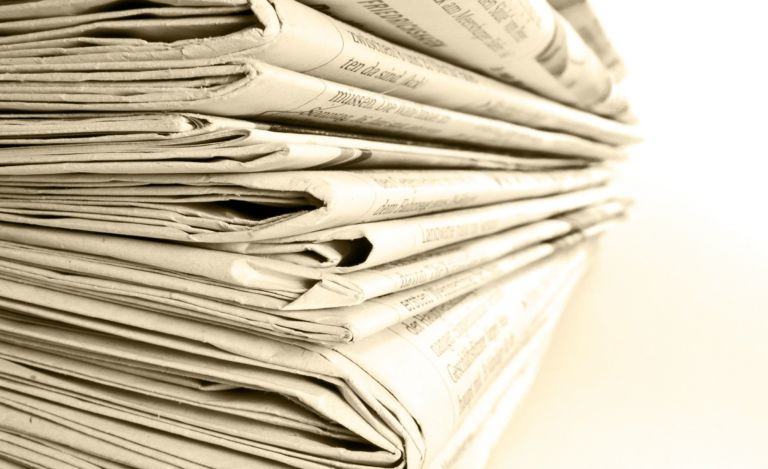Daniel Cox, Anthony Mills, Ian Banks, Kelsey Eyre Hammond, and Kyle Gray write for the American Enterprise Institute about growing distrust in medical and scientific expertise.
America is experiencing a crisis of expertise—one that has worsened since the COVID-19 pandemic and shows little sign of abating. A nationally representative survey conducted by the Survey Center on American Life finds that a growing number of Americans are distrustful of scientific and medical experts. This phenomenon cuts across demographic lines but is most acute among Republicans and evangelical Christians. It has implications for a wide range of scientific and medical fields—including climate change, public health, and artificial intelligence (AI)—posing significant challenges to public decision-making and democratic debate.
For years now, public discourse has been rife with concerns about the status of expertise in our political life. Stretching back decades, but intensifying since the rise of Donald Trump in 2016, a profusion of articles and books have bemoaned what commentators variously describe as an “attack on science,” the “death of expertise,” the “war on science,” or the “crisis of expertise.” Many blame the ignorance or irrationality of Americans who ignore or actively oppose the recommendations of scientific, medical, and other technical experts and are increasingly susceptible to conspiracy theories.
But some commentators dispute that there is such a crisis. They point to the fact that, historically, the American public has held scientists in high esteem—especially when compared to other institutions such as government, media, and business—and that this estimation has remained surprisingly robust over time. This is despite the rise of populism and, more recently, a global pandemic, both of which have thrust the issue of expertise into the crucible of our polarized politics. Rather than a general crisis, these commentators argue, what we have instead is a problem localized to certain demographics. …
… While it is true that Americans have traditionally expressed relatively high levels of confidence in science, they appear to be growing more distrustful, especially since the pandemic. For instance, only 69 percent of Americans in May 2023 say they have confidence in scientists to act in the public’s best interests, down from 86 percent in January 2019.

